【特惠】26考研
红包
【考研】专业课HOT
26考研
【MBA】在职考研
【规划】择校备考
【报录比】查询
计划
【真题】全套解析
资料
【申硕】同等学力
预备
【大纲】5500词汇
免费
【在线】英语测评
免费
【大纲】最新大纲
精
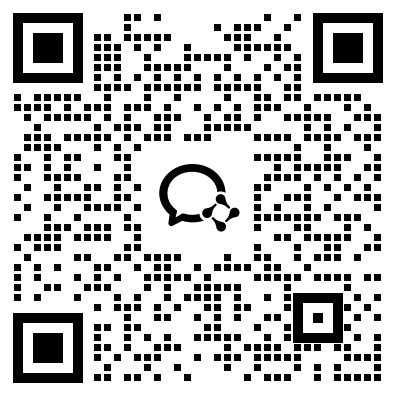
扫码加入训练营
牢记核心词
学习得礼盒
暑期集训来了,如何在暑期两个月创造出双倍的价值是每个考生想要达到的目标。这就 需要加倍的努力和科学的规划了。英语方面的复习,大家要持续性背单词,阅读、写作及翻译要多加练习,总结方法技巧,活学活用。下面新东方在线和大家分享理学类的阅读模拟题,大家不妨集中练习,提升阅读速度和做题技巧。
2016考研英语阅读暑期训练:理学类(3)
As you read this, nearly 80,000 Americans are waiting for a new heart, kidney or some other organ that could save their life. Tragically, about 6,000 of them will die this year——nearly twice as many people as perished in the Sept. 11 attacks——because they won't get their transplant in time. The vast majority of Americans (86%, according to one poll) say they support organ donation. But only 20% actually sign up to do it. Why the shortfall?
Part of the problem is the way we handle organ donations. Americans who want to make this sort of gift have to opt in——that is, indicate on a driver's license that when they die, they want their organs to be made available. Many European and Asian countries take the opposite approach; in Singapore, for example, all residents receive a letter when they come of age informing them that their organs may be harvested unless they explicitly object. In Belgium, which adopted a similar presumed-consent system 12 years ago, less than 2% of the population has decided to opt out.
Further complicating the situation in the U.S. is the fact that whatever decision you make can be overruled by your family. The final say is left to your surviving relatives, who must make up their minds in the critical hours after brain death has been declared. There are as many as 50 body parts, from your skin to your corneas, that can save or transform the life of a potential recipient, but for many families lost in grief, the idea of dismembering a loved one is more than they can bear.
The U.S., like all medically advanced societies, has struggled to find a way to balance an individual's rightful sovereignty over his or her body with society's need to save its members from avoidable deaths. Given America's tradition of rugged individualism and native distrust of Big Brotherly interference, it's not surprising that voters resisted attempts to switch to a presumed-consent system when it was proposed in California, Oregon, Minnesota, Pennsylvania and Maryland. Health Secretary Tommy Thompson last spring announced plans for a new initiative to encourage donations——including clearer consent forms——but its impact is expected to be modest. Given the crying need for organs, perhaps it's time we considered shifting to something closer to the presumed-consent model.
Meanwhile, if you want to ensure that your organs are donated when you die, you should say so in a living will or fill out a Uniform Donor Card (available from the American Medical Association)。 Make sure your closest relatives know about it. And if you don't want to donate an organ, you should make your wishes equally explicit.
注(1):本文选自Time; 12/10/2001, p117;
注(2):本文习题命题模仿对象2003年真题text 3;
1. According to the author, one of the reasons for a shortage of organs in America is ______.
[A] most Americans are reluctant to donate their organs after death
[B] the information about organ donation is not popular in America
[C] the ways to handle organ donation is far from perfect
[D] people waiting for transplant are rapidly increasing in America
2. What is most Americans‘ attitude towards the organ donation?
[A] Indifferent.
[B] Indignant.
[C] Detached.
[D] Supportive.
3. It can be inferred from paragraph 4 that ______.
[A] Americans have a long tradition of weak individualism
[B] all the states in America resist the presumed-consent system
[C] it‘s not easy to find a way to serve the society’s need and at the same time to protect the individual‘s right in the matter of organ donation
[D] the government is not active in solving the problem
4. The term “presumed-consent” probably means ______.
[A] one‘s organs should be donated whether they agree or not
[B] one is supposed to agree that their organ will be donated after death unless they explicitly object
[C] dismembering a dead body is inhuman
[D] one is assumed to be happy after they decide to donate their organs
5. From the text, we can see the author‘s attitude towards organ donation is ______.
[A] supportive
[B] indignant
[C] indifferent
[D] negative
答案:CDCBA
【英语阅读资料】这里有↑↑↑
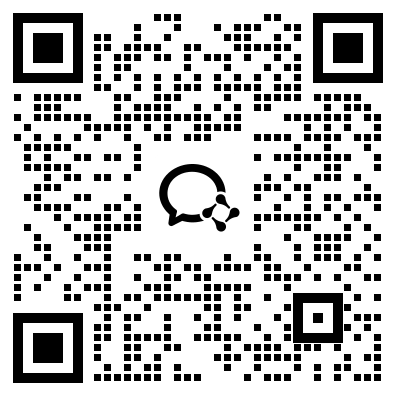
添加班主任领资料
添加考研班主任
免费领取考研历年真题等复习干货资料

 推荐阅读
推荐阅读
为了让考研的同学更高效地复习考研英语,新东方在线考研频道整理了“考研英语1阅读错几个后的复习计划”,考研的同学可以了解一下,希望对大家有所帮助。
为了让考研的同学更高效地复习考研英语,新东方在线考研频道整理了“考研英语二阅读篇数及题型分析”,考研的同学可以了解一下,希望对大家有所帮助。
为了让考研的同学更高效地复习考研英语,新东方在线考研频道整理了“考研英语阅读理解的总结与反思”,考研的同学可以了解一下,希望对大家有所帮助。
来源 : 网络 2025-06-13 08:02:00 关键字 : 考研英语阅读理解
为了让考研的同学更高效地复习考研英语,新东方在线考研频道整理了“提高考研英语一阅读理解的五大策略”,考研的同学可以了解一下,希望对大家有所帮助。
为了让考研的同学更高效地复习考研英语,新东方在线考研频道整理了“探索考研英语阅读文章的逻辑结构”,考研的同学可以了解一下,希望对大家有所帮助。
来源 : 网络 2025-06-12 08:03:00 关键字 : 考研英语阅读

 资料下载
资料下载
扫码添加【考研班主任】
即可领取资料包
扫码添加【考研班主任】
即可领取资料包
扫码添加【考研班主任】
即可领取资料包
扫码添加【考研班主任】
即可领取资料包
扫码添加【考研班主任】
即可领取资料包
扫码添加【考研班主任】
即可领取资料包
新东方在线考研资料合集
下载方式:微信扫码,获取网盘链接

目录:
1.2013-2023年近10年政数英真题及解析PDF版(新东方)
2.2013-2023年专业课考试历年真题及解析PDF版
3.24考研复习备考资料大合集:大纲+备考资料+词汇书+考前押题+自命题
资料介绍:
1.2013-2023年近10年政数英真题及解析PDF版(新东方)
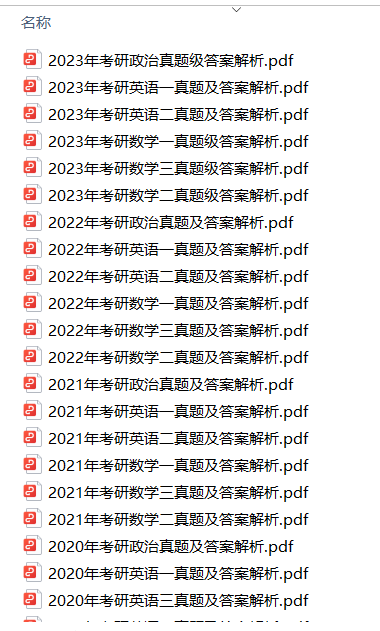 、
、
2.2013-2023年专业课考试历年真题及解析PDF版


3.24考研复习备考资料大合集

3.24考研复习备考资料:考研大纲

3.24考研复习备考资料:政数英备考资料+自命题真题
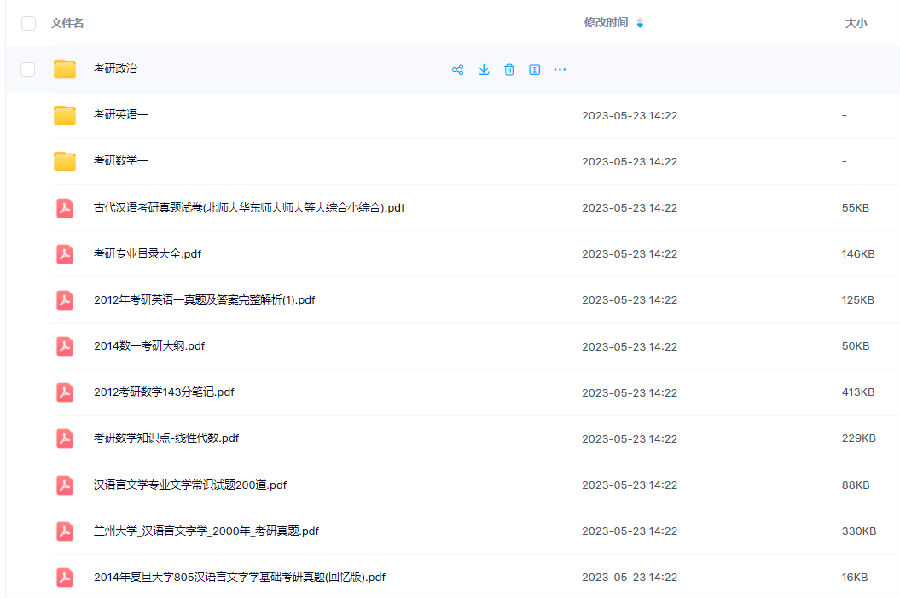
------------------
考研备考过程中,尤其是专业课部分,参考往年的考试真题,对于我们的复习有更好的帮助。北京大学考研真题资料都有哪些?小编为大家进行了汇总。
北京大学考研真题资料-公共课
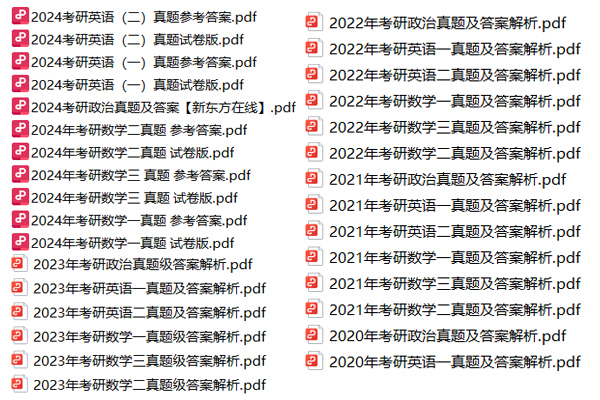
北京大学考研真题资料-专业课


以上就是关于“北京大学考研真题资料下载(历年汇总)”的整理,更多考研资料下载,请关注微信获取下载地址。
扫码添加【考研班主任】
即可领取资料包
扫码添加【考研班主任】
即可领取资料包
扫码添加【考研班主任】
即可领取资料包
扫码添加【考研班主任】
即可领取资料包
扫码添加【考研班主任】
即可领取资料包
扫码添加【考研班主任】
即可领取资料包
扫码添加【考研班主任】
即可领取资料包
扫码添加【考研班主任】
即可领取资料包
扫码添加【考研班主任】
即可领取资料包
扫码添加【考研班主任】
即可领取资料包
扫码添加【考研班主任】
即可领取资料包
扫码添加【考研班主任】
即可领取资料包
扫码添加【考研班主任】
即可领取资料包
扫码添加【考研班主任】
即可领取资料包
扫码添加【考研班主任】
即可领取资料包
扫码添加【考研班主任】
即可领取资料包
扫码添加【考研班主任】
即可领取资料包
扫码添加【考研班主任】
即可领取资料包
扫码添加【考研班主任】
即可领取资料包
扫码添加【考研班主任】
即可领取资料包
扫码添加【考研班主任】
即可领取资料包
扫码添加【考研班主任】
即可领取资料包
扫码添加【考研班主任】
即可领取资料包

 阅读排行榜
阅读排行榜
 相关内容
相关内容